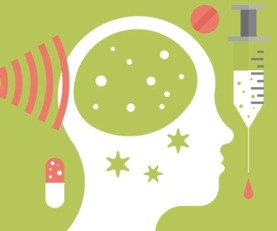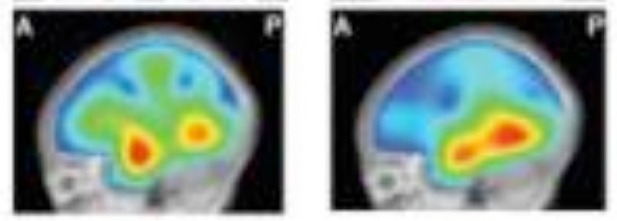Posts Tagged ‘electrodes’
Focused ultrasound as emerging method of non-invasive neurotechnology
Sound Waves Can Heal Brain Disorders (Scientific American): “…Physicians are also considering high-intensity focused ultrasound as an alternative to brain surgery. Patients with movement disorders such as Parkinson’s disease and dystonia are increasingly being treated with
Read MoreMothers and Strangers Voices: Impact on Newborns’ Brains
Fetuses and newborns react preferentially to their mother’s voice. A recent study looked for the first time at what is going on in a newborn brain when hearing his mother’s voice and a stranger’s voice. Results showed that not only newborns process their mother’s voice more actively than that of a stranger but they also…
Read MoreThe value of neuroimaging techniques (and what those squiggly lines mean)
The media regularly reports on findings based on neuroimaging studies, but rarely do they explain exactly what these techniques are, their benefits or what it’s like to actually participate in these types of studies. Today I’ll describe what a participant goes through when they volunteer for a cognitive neuroscience experiment using a neuroimaging technique called…
Read MoreNeurofeedback’s Re-birth?
Neurofeedback Gains Popularity and Lab Attention (New York Times) The treatment is also gaining attention from mainstream researchers, including some former skeptics. The National Institute of Mental Health recently sponsored its first study of neurofeedback for A.D.H.D.: a randomized, controlled trial of 36 subjects. The results are to be announced Oct. 26 at the annual meeting…
Read More


